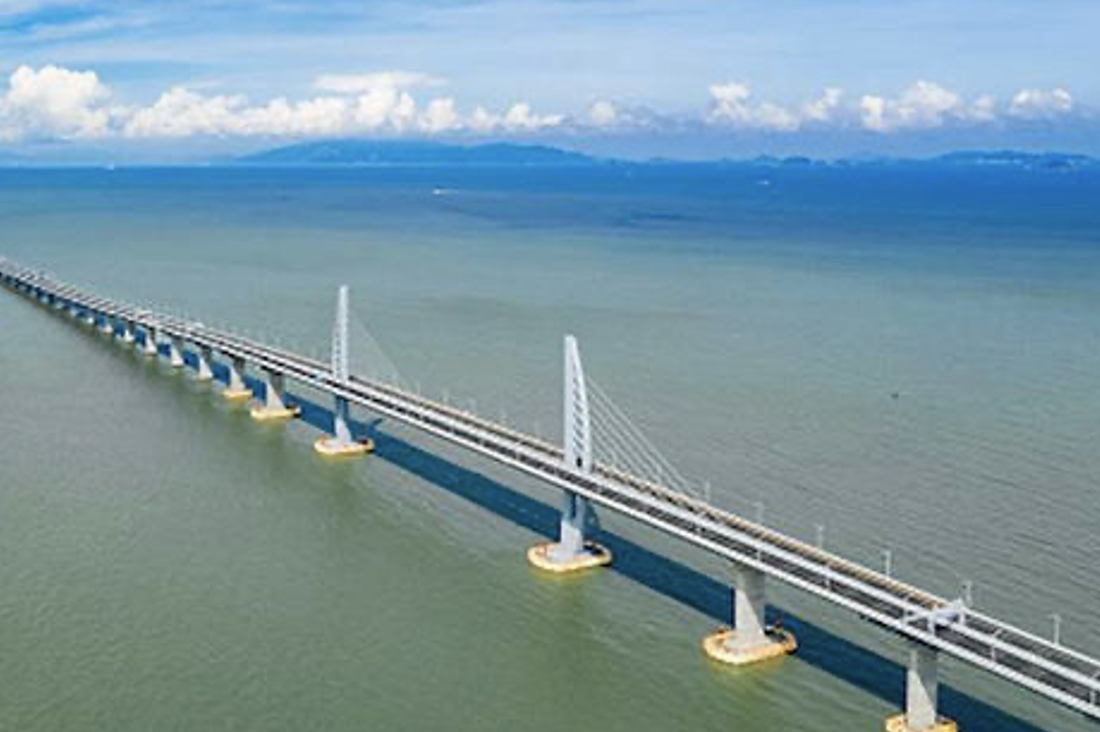
Professor Anthony Saich, Kennedy School of Government, Harvard University
The dominant paradigm for how the West should deal with China has shifted from strategic engagement to strategic competition and, perhaps, even to concerted attempts to constrain China’s further development and global influence.
While there are areas where the West is correct to rebut China’s practices and policies, there are two main reasons why disengagement is not in the interests of Western nations. First, China is not going to disappear, it is a reality with which we have to find a way to coexist. Foreign business is not going to disengage from the lucrative China market, no matter how much pressure home governments might place on it. In the financial sector alone, the US-China engagement amounts to some $5 trillion. This cannot easily be unwound. Even trade, which could be reduced more easily, a certain level will continue no matter what.
The second reason is that for Western nations to meet their own crucial policy objectives, they need to find ways to cooperate with China. The relationships are like a multi-dimensional chessboard on which one nation may dominate in one field but no nation can dominate in all. Competition might be suitable in some realms, but cooperation is essential to meet key global priorities. This is especially true as we come out of the post-pandemic world. Who will provide the necessary global public goods? Some say, China, others a reengaged
USA, others fear that the answer is, nobody. No one nation can provide all the financing, infrastructure, research, and education that is necessary to deal with core challenges that will affect us all. One added advantage is that while these are all crucial areas of work, the norms and institutional architecture are not yet fixed, so that constructive partnerships are more feasible. However, time is running out.
So, what are these global public goods on which we might explore constructive collaboration? We group them under three broad headings: Global Commons, Global Engagement, and Global Regulation. Below, we give some examples in each category, but we are sure that there are many others to be considered.
Global Commons
Climate change is the first obvious example. Without the prior agreement between President Obama and General Secretary Xi Jinping, it is highly unlikely that the Paris Climate Accord would have come together so swiftly. With the USA re-engaging there is further opportunity for global partnerships. John Kerry in his recent discussions with Xie Zhenhua made it clear that, despite significant differences on other questions, the dangers of climate change are too important to ignore.
Fisheries and Water Management, similarly, will require the efforts of multiple players. The possibility of disputes over fishing rights, in the South China Sea and elsewhere, escalating into unanticipated conflict is real and requires coordination. There has been effective collaboration on piracy where it has been of mutual benefit. Similarly, China is the home to the origins of crucial river systems that feed South and Southeast Asia. How can they be harnessed and managed to the benefit of all? Water shortages are one of the key challenges in the future that may lead to conflict.
Global Engagement
Natural disasters by their very nature strike when least expected. Some may be predictable (bush fires) with systems in place to deal with them, others, the unexpected disasters, can blow away all systems, chains of command and response teams. This was the case with the 2008 Sichuan earthquake. The Red Cross Society of China played a very substantial role in the response to the earthquake and, subsequently, has made its expertise and experience, funding and equipment available internationally (for example in Nepal, after the earthquake in 2015). Working together, collaboration can be strengthened and better protocols developed, not only for quick response to disasters when they strike, but also for research into best practices about how might one operate when all systems collapse. What needs to be put in place to help swift recovery?
Fighting infectious diseases. The fall-out from responses to Covid-19 and mutual recriminations have clearly set back, indefinitely, the potential for collaboration in this area. However, if we are to deal effectively, as a global community, with new outbreaks, we must revitalize the contacts that existed pre-Covid and develop more effective protocols.
Global Regulation
Finance and Trade Regulation. Are we going to allow competing trade organizations to proliferate beyond the WTO? How would the Chinese-inspired RECP interact with a revamped CPPPT? Are there areas of common concern that could be explored to produce a more effective integrated network. Cross border financial transactions are an area ripe for collaboration, especially as China pushes ahead with the development of a digital currency, which some fear will challenge the global dominance of the dollar. Certainly, it is not there yet and may never be but it indicates the need for new regulation in this field.
Cybersecurity. Last but not least, this is an area that requires considerable work but is undermined by the lack of trust and communication. It is not only a military and security issue but increasingly has become a commercial challenge.
Work in these areas may not mitigate competition and possible conflict in other areas but it might create an environment in which greater understanding is possible.




